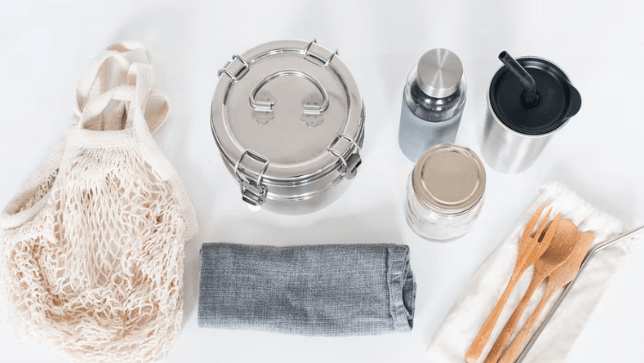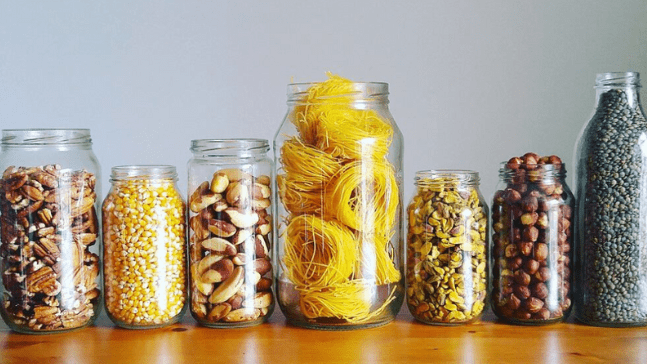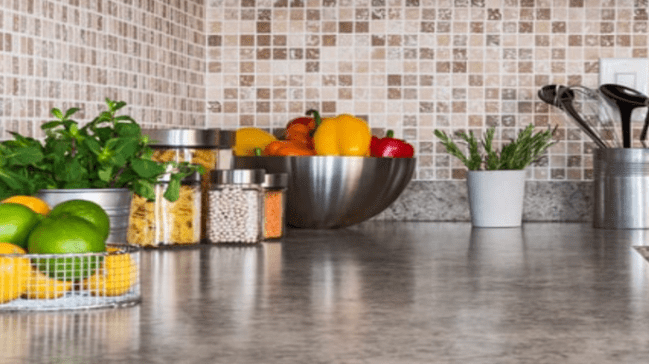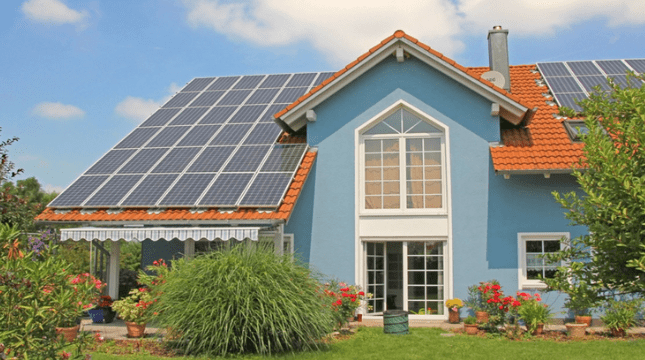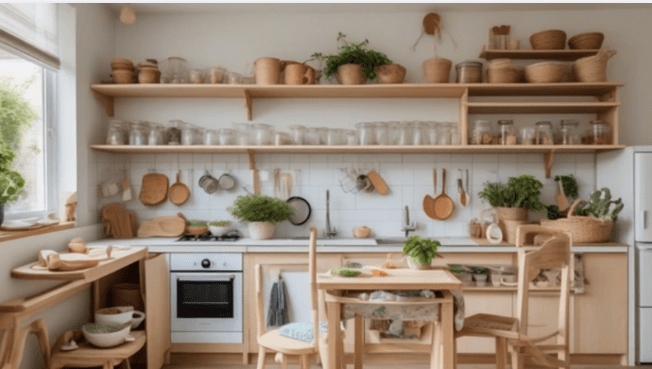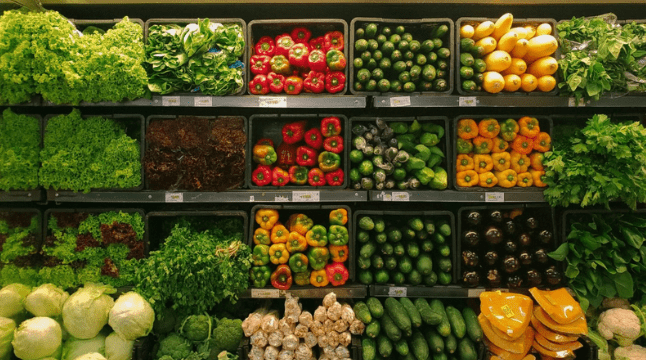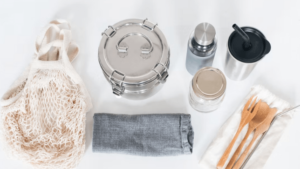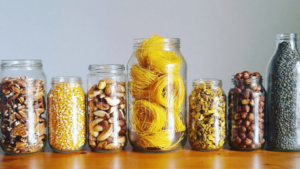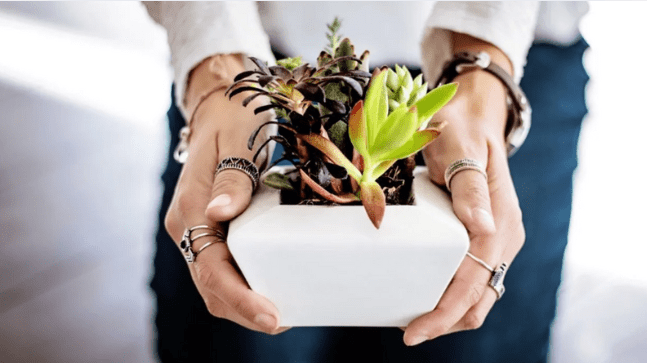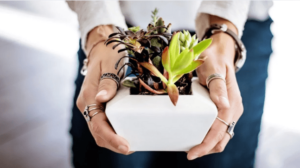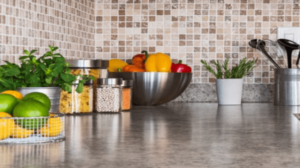Introduction
NOW, imagine going into a kitchen that is not just the heart of your home but a centre of sustainability, innovation and smart living. From reclaimed table-tops and corroded barbecues to salvaged cupboards and battered sinks, FutureGreen kitchen ecohacks brings you a truly unique collection of strategies, projects and products to slim the environmental impact of your kitchen down to zero without compromising on style, convenience or health.
If you’re a master chef or a weekend warrior, these ecohacks can transform your kitchen into a green, clean, future-ready place. Ready to cook smarter, waste less and live greener? Let’s dive in!
Why Start Ecofriendly Living in the Kitchen?
It’s no surprise that your kitchen is a waste and resource guzzler. Whether it’s food waste and plastic packaging or energy-sapping appliances, the environmental cost is immense:
-
Waste contributes enormously to landfill methane emissions
-
Plastic packaging contributes to ocean pollution
-
Too much water and electricity are now being used, stretching resources
-
Toxic chemicals from cleaners and cooking utensils leach into the environment
With the FutureGreen kitchen ecohacks you can address these challenges, save money, reduce waste, and create a healthier home.
Best FutureGreen Kitchen Ecohacks to Cut Waste, Increase Efficiency
Zero-Waste Food Storage
Say goodbye to disposable plastic wraps and bags. Replace ziplock bags, cling wrap, and plastic pouches with reusable beeswax wraps, silicone lids, and glass containers as natural and safe food storage solutions for the entire family.
Smart Composting Systems
Collect food scraps regularly using countertop compost containers or worm bins. Even apartment dwellers can participate with space-saving systems that eliminate waste.
Energy-Efficient Appliances and Cooking Hacks
Invest in energy-star certified refrigerators, induction cooktops, and pressure cookers. Cook with lids on, batch cook, and use residual heat to reduce your electricity or gas bill.
How to Save Water in the Kitchen
Install low-flow faucets and use dishwashers wisely. Capture and utilize greywater for gardening or washing.
DIY Natural Cleaning Products
Swap chemical cleaners for natural concoctions using vinegar, baking soda, lemon, and castile soap that work just as well and are environmentally safe.
Buying in Bulk, Without the Wrap
Purchase in bulk from local stores using your own containers to minimize packaging waste and carbon footprint.
Upcycle & Repurpose Used Kitchen Items
Turn glass jars into storage vessels, old t-shirts into cleaning rags, and nutshells or coffee grounds into garden mulch.
Thoughtful Meal Planning & Portion Control
Plan meals carefully to buy just enough food and get creative with leftovers to prevent waste.
Durable Cutlery & Cookware
Choose bamboo, stainless steel, or cast iron over plastic or Teflon. These last longer and contain no harmful chemicals.
Green Energy Integration
Power your kitchen with renewable energy sources like solar panels or green energy suppliers.
How to Execute FutureGreen Kitchen Ecohacks Without the Overwhelm
-
Begin with one or two hacks, then layer on more.
-
Involve the whole family to make a collective impact.
-
Chart progress and celebrate milestones.
-
Use eco-conscious kitchen gadgets to make sustainability enjoyable.
The Advantages of a FutureGreen Kitchen: More Than the Environment
-
Trim costs for groceries, energy, and garbage
-
Enhance indoor air quality and reduce exposure to chemicals
-
Keep more fresh, delicious produce with better storage
-
Feel good while contributing to a sustainable future
Best Brands & Products to Power Your FutureGreen Kitchen
-
Bee’s Wrap: Reusable, compostable food wraps
-
Stasher Bags: Zero waste silicone food storage bags
-
Lomi: Countertop compost machine turning scraps into soil
-
Instant Pot: Fast-beating multi-cooker
-
Hydro Flask: Insulated water bottles avoiding single-use plastics
-
Ecover: Plant-based, compostable cleaning products
-
Preserve: Kitchen tools made from recycled materials
What to Expect in the Eco-Friendly Kitchen of Tomorrow
-
AI-powered fridges to reduce waste smarter than humans
-
Domestic food waste-to-energy units
-
Ecological and biodegradable packaging innovations
-
Community-supported agriculture shares for fresher produce
-
Kitchen appliances running entirely on solar power
Conclusion: The Future Green Kitchen Ecohacks — A Source Book for Sustainable, Stylish, and Energy-Efficient Cooking
Turning your kitchen into a FutureGreen haven is simpler and more rewarding than you might expect. By adopting smart and sustainable ecohacks, you’re not just cutting waste and saving money, but leading your family and community toward greener living.
Your kitchen can be the pulsing heart of your home’s eco-revolution. Ready to cook more thoughtfully, waste less, and live greener? Sparks will fly with these FutureGreen kitchen ecohacks — your journey to a cleaner, healthier planet begins one meal at a time.
FutureGreen Kitchen Ecohacks FAQs
Q1: Can I compost in a tiny apartment kitchen?
Yes, compact countertop composters or worm bins are perfect for small spaces.
Q2: Can you wrap anything in reusable food wrap?
They are safe for fruits, vegetables, bread, and cheese. Avoid wrapping raw foods unless specified.
Q3: How do energy-efficient appliances save money?
They use less electricity or gas, lowering utility bills over time, outweighing initial costs.
Q4: Best way to start cutting down on kitchen waste?
Start with conscious meal prep and switch to reusable storage.
Q5: Do natural cleaners work as well as commercial cleaners?
Yes, vinegar and baking soda clean effectively without leaving toxic residues.


